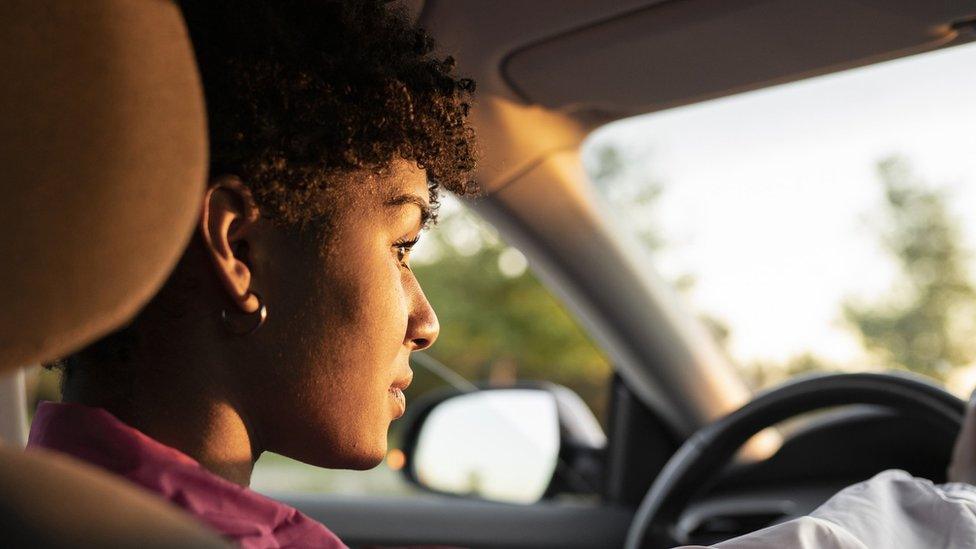20mph: New speed limit worth it, says crash death brother
- Published
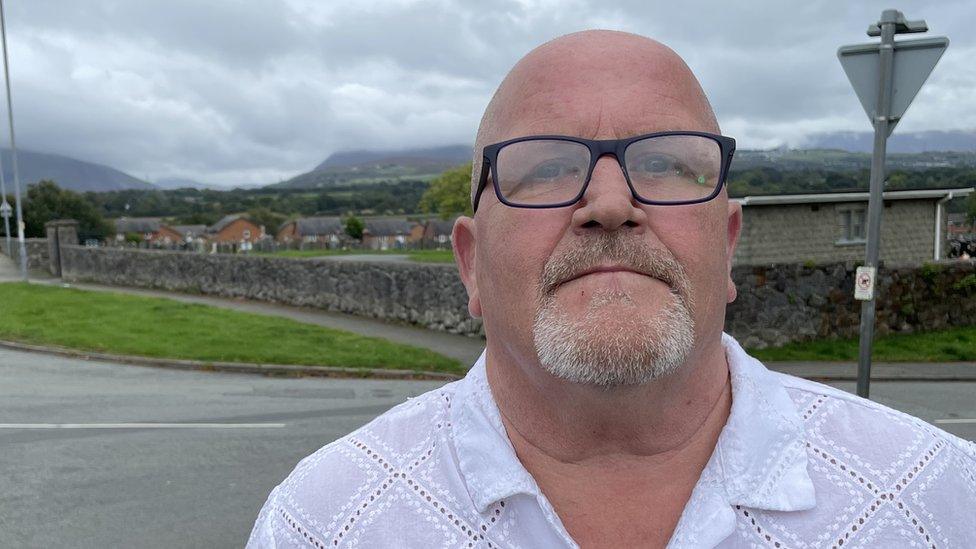
Gwynedd councillor Gareth Parry calls the speed limit change "fantastic"
A man whose brother died after being hit by a car travelling at 30mph has said the new 20mph default limit will be worth it if lives are saved.
Wales has become the first country in the UK to reduce speed limits in built-up areas from 30mph to 20mph.
Gareth Parry, whose brother Keith was killed in 1994, called it a "fantastic change."
But the move has been controversial, with criticism from the Welsh Conservatives and UK ministers.
A Senedd petition, external calling for the Welsh government to remove the 20mph law has gained more than 60,000 signatures.
Natasha Asghar, the Welsh Conservative's shadow transport minister, said the petition "highlights that there has been little to no consultation with the general public".
"The new blanket 20mph speed limit has been in place for just one day and already people have had enough of it," she added.
While walking to school to promote the scheme, Deputy Climate Change Minister, Lee Waters, told BBC Radio Wales Breakfast that the new speed limit has been in the works for four years and trialled in eight places.
"When speed limits are lower, people feel safer to cycle and to walk, so less people are driving," he said.
He told Wales Today the police would enforce with a light touch for about a year.
The guidance is is that drivers pulled over doing less than 30mph will be given advice.
"We need to give it a bit of time to bed in," Mr Waters said.
Pushback during the day from those objecting to the new limit had "not been a lot fun".
"I completely understand why people are exasperated by it," he said.
"It's a big, big change which will take some time for people to get used to."

Keith Parry was killed in 1994 after being hit by a car doing 30mph
Mr Parry, who represents Hendre ward on Gwynedd's council, Cyngor Gwynedd, said: "I lost a brother who was knocked down.
"The car was only doing 30. My brother never came home.
"If we can prevent one accident [with the 20mph limit] it's worth it. I don't want to see another family going through what we've been through."
The law has reduced the speed limit on about 35% of Welsh roads where lamp-posts are no more than 200 yards (183m) apart.
Monday marks the first time the new speed limit is in force on the school run.
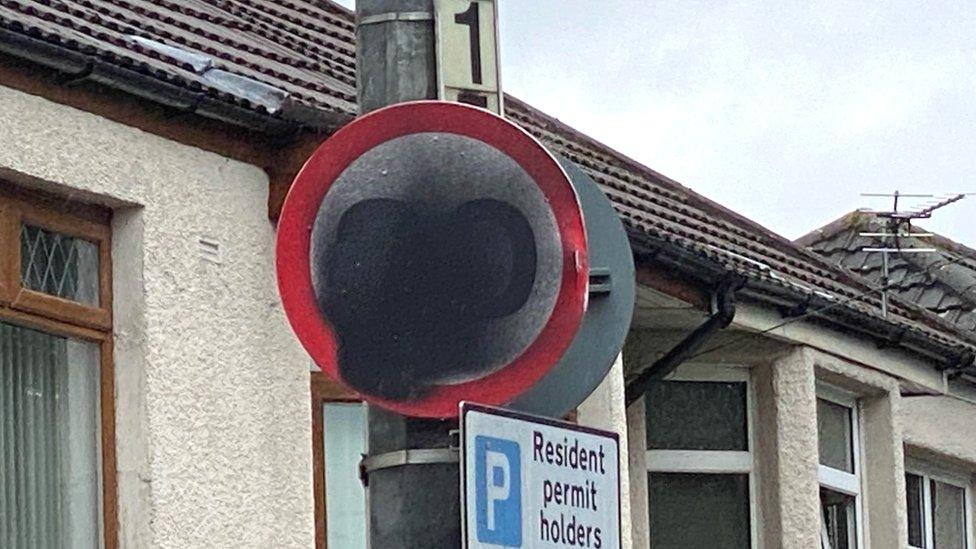
This 20mph sign on Broad Street in Canton, Cardiff has been defaced
The Welsh government said it would result in up to 10 fewer road deaths a year in Wales.
But in Maesteg in Bridgend county, Louise Griffiths, 47, worried the change might cause "havoc" in some areas.
"In some areas I think it's necessary, like schools but in other places I think it'll cause havoc," she said.
"It might even cause a few accidents with people becoming impatient."
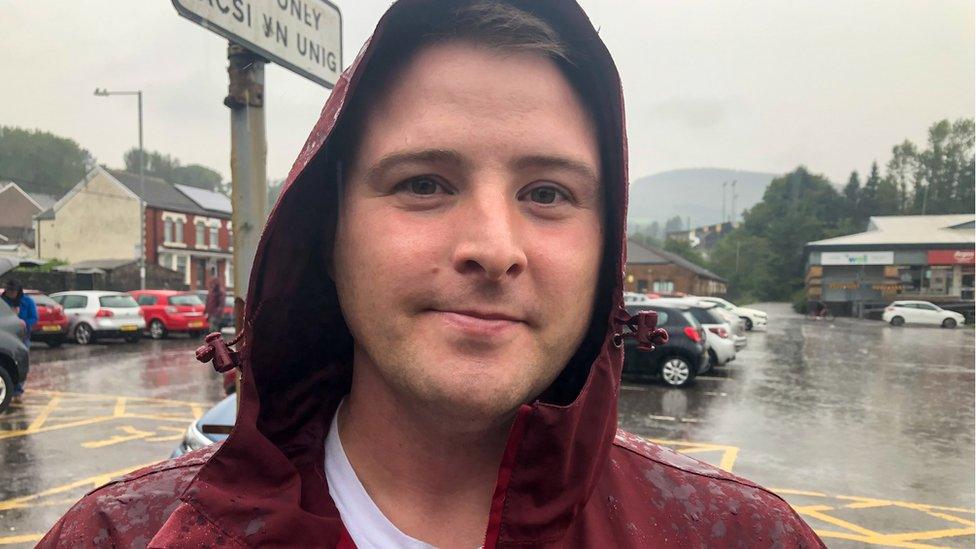
Matt Davies says he didn't "notice" any impact of 20mph on traffic in Maesteg on Sunday
Matt Davies, 32, said he had "not really noticed [the change] affecting traffic" after a short drive through the town on Sunday.
"If it'll save lives and money for the NHS then that's a good thing."
20mph causes a political collision
After strong criticism of the policy by Conservative politicians, including the Commons leader Penny Mordaunt who called it "insane", a Welsh minister suggested the Tories were happy to see children killed on the roads.
Wales' counsel general, Mick Antoniw, the senior legal adviser to ministers, said on Saturday in a post on X, formerly known as Twitter: "Tories so happy to see people and particularly children killed and injured on our roads."
Welsh Secretary David TC Davies called it an "absolutely appalling suggestion", telling the BBC's Politics Wales programme Mr Antoniw should "apologise and withdraw that gratuitously offensive tweet which he put out yesterday".
Mr Antoniw later apologised and deleted the post.
"I apologise if it has created offence by suggesting that any individual would be happy with the death of a child," he said.
"It was probably not the best choice of words. The word happy was used in the sense of them being content or being prepared to accept the consequences of their policy."
Breakfast is on BBC Radio Wales from 07:00-09:00 every weekday.
Related topics
- Published13 September 2023
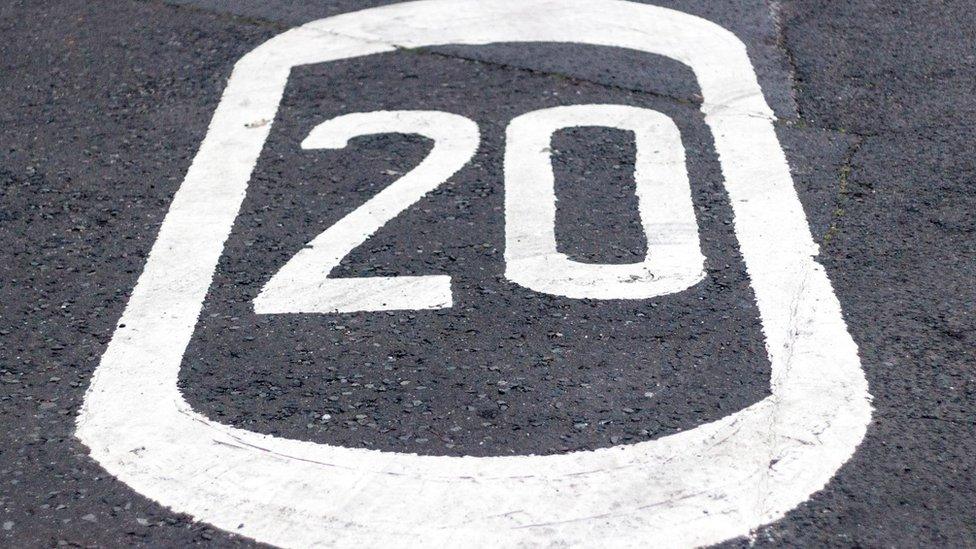
- Published12 September 2023
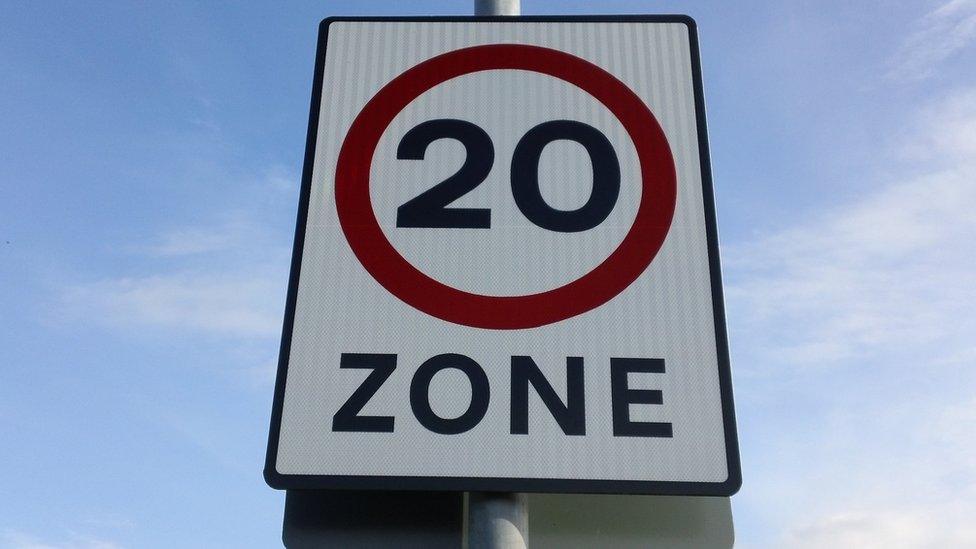
- Published7 September 2023

- Published18 August 2023
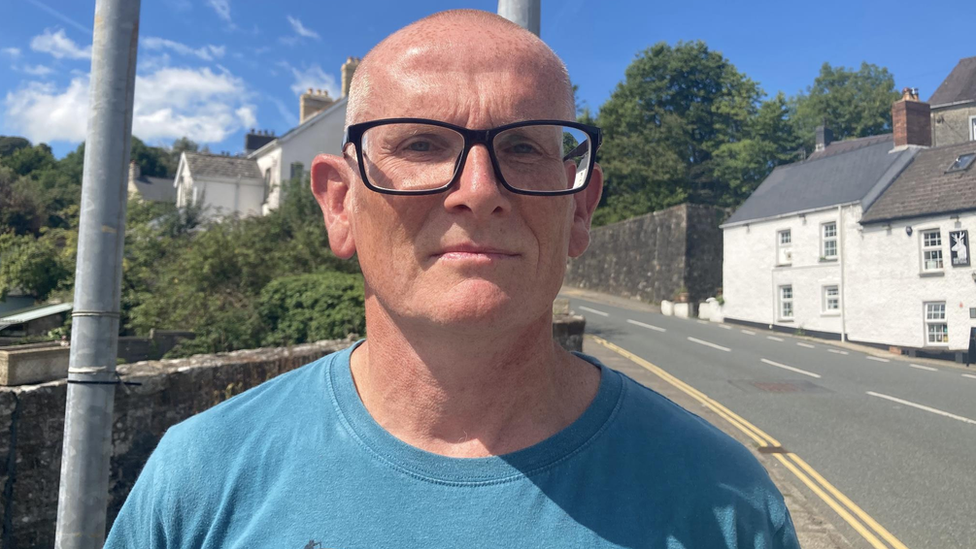
- Published15 August 2023
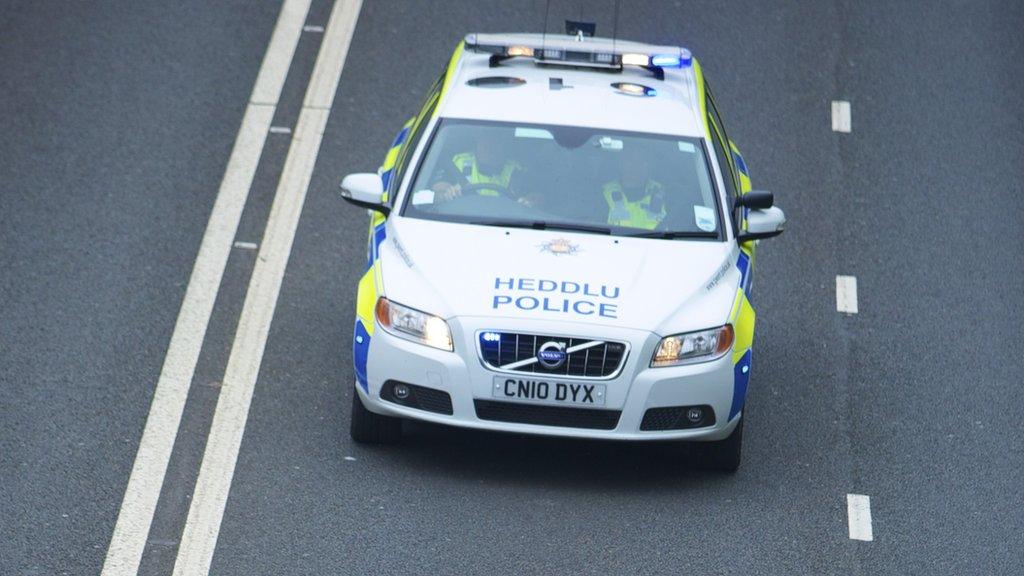
- Published28 June 2023

- Published8 August 2023

- Published2 August 2023

- Published5 June 2023
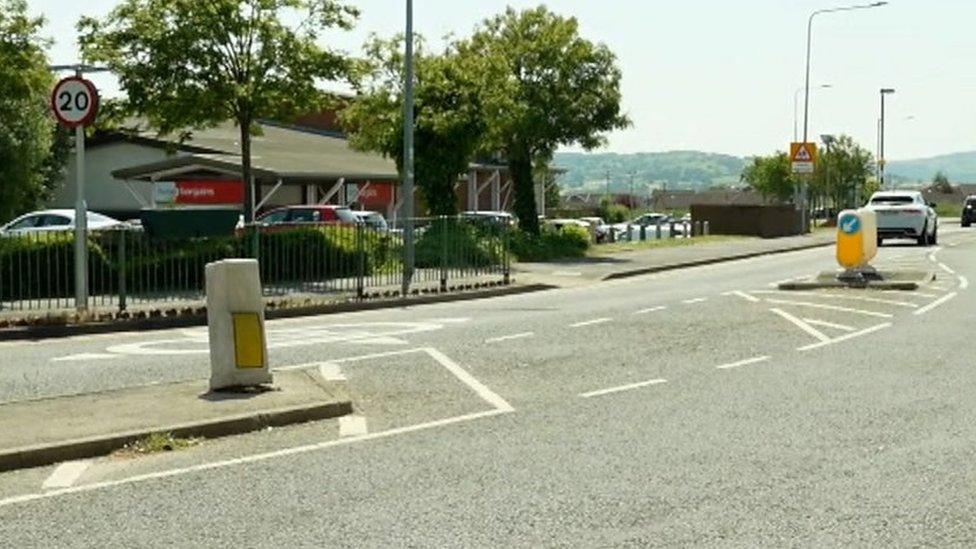
- Published30 May 2022
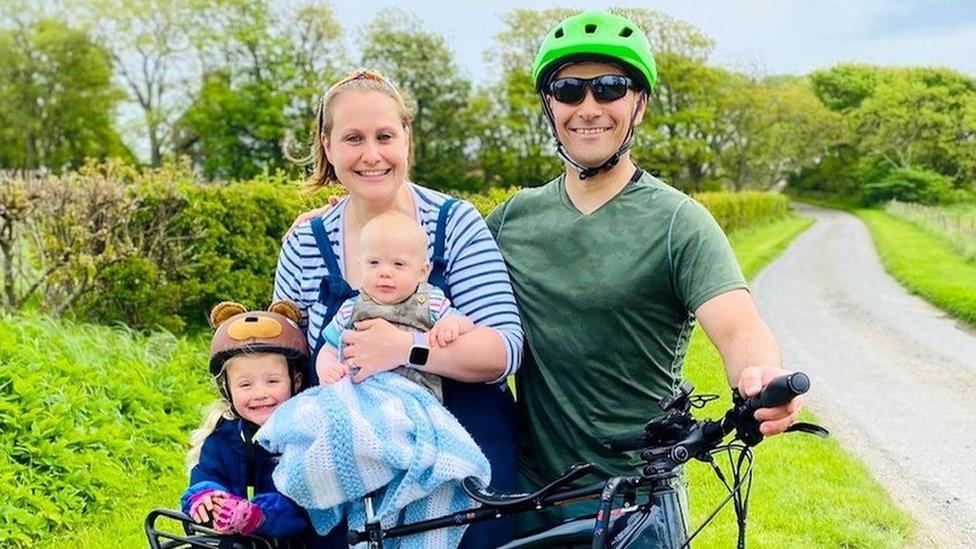
- Published12 July 2022
